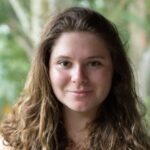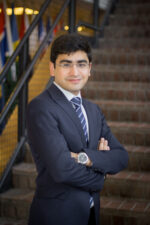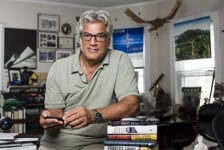LISD EMBEDDED PRACTITIONERS AND ACTIONS PROGRAM – LEAP
LEAP provides an innovative form of internship placement and monitoring programs that are tailored to the interests and needs of a few, carefully selected individuals each year.
Besides placement in one of our core projects on the basis of availability there is also the possibility of one of the following advanced modes:
- LISD Active Internship placement in select organisational, institutional, field or corporate settings, responding to various interests, but always actively monitored and guided by us;
- more interactive LISD Embedded Practitioner experiences whereby we place, connect and tutor exceptional candidates in a cooperative venture with the host setting;
- LISD Remote Personal Tutorials, broadly or specifically informing and guiding individual research and practical work, and/or inquiries and publications on line, by telephone and regular face-to-face meetings, on an need basis;
- LISD Reverse Internships that allow us to more intensely respond to and engage with the activities and requirements of individuals already on a career, project or mission path.
Global networking
LEAP internships can be across a range of geographies and opportunities. e.g. in Berlin, on metropolitan and regional energy transformational issues and its massive regional transition drives away from coal dependency; in Strasbourg, around hydrological challenges; in Liechtenstein and Switzerland, on Alpine regional and eco-economical challenges; in Australia and Oceania, focused on mounting climate emergency and energy transition programs and initiatives.
LISD is also engaged in a pan-African scholarship program with eight African universities, raising funds to enable excellent and deserving students to engage in Masters Level studies in renewable energy access fields, in collaboration with the UK Carbon Trust and the UK Aid Endowed Energy Access program.
LEAP candidates are able to select from many opportunities offered by LISD, or they can propose their own project, and benefit from the direct mentorship of any expert from LISD’s network.
Program partners
LEAP is conducted in direct partnership with Trebuchet Director Sherman Teichman, and leading US universities. LEAP is advancing mentorship opportunities for US based advanced and qualified undergraduate students, including through the framework of LISD’s developing T2 Project.
LEAP Alumni





Sarpong Hammond Antwi, a young Ghanaian who was an MSc Energy Policy student at the Pan African University Institute of Water and Energy Sciences (PAUWES) in Algeria when he completed an internship and fellowship at LISD, benefiting from LISD’s Remote Personal Tutorials Program. This was instrumental in Sarpong pursuing his PhD in Ireland in sustainable hydrology, after which he intends to return to his native Ghana.
For more information and to apply.
Contact us at LEAP @eurisd.org for more information or program application.

